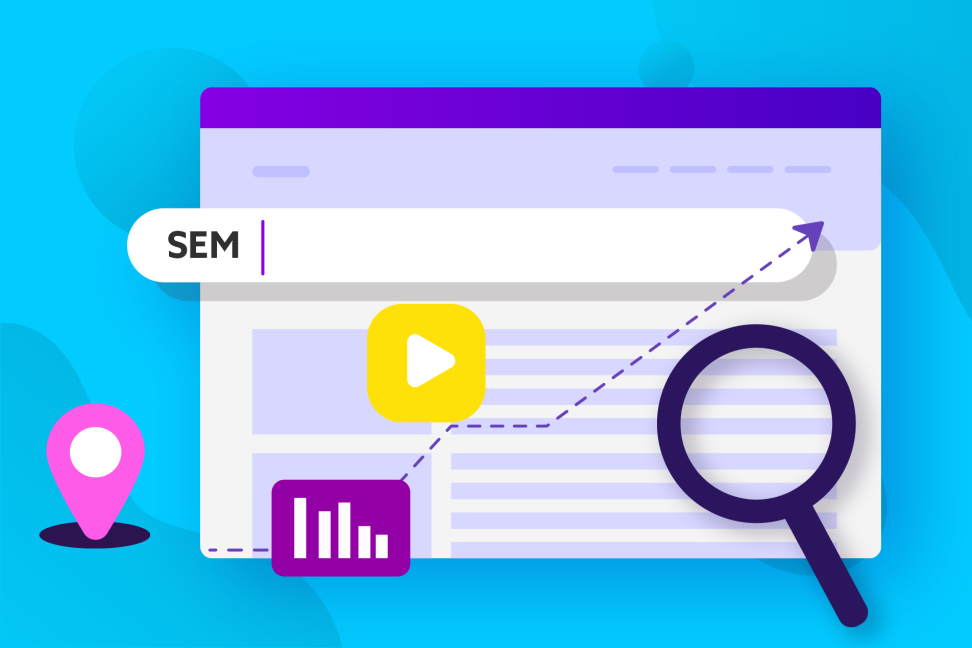Advertise on Google and pay only when someone clicks on your ad

Google has long offered companies and advertisers to advertise directly in the search engine among the organic search results. The ads sometimes appear above the organic search results and sometimes below. It is also clear what is an ad in relation to what is an organic search result.
By choosing which keywords you want to show for traffic, your ads will also appear. Which keywords you choose depends on what products and services your business sells and what the target audience is looking for. So you choose relevant keywords that suit your business and then you bid on an ad space. The winner of the bidding also wins the position of the ad and thus your particular ad is shown compared to the competitors, or sometimes together with another competitor depending on how big the competition is.
Search engine advertising is also called paid search advertising. The phenomenon is based on PPC, ie “pay per click”, which means price per click. As it sounds, it’s actually the price per click you pay for. You only pay if a visitor clicks on your ad, which then leads to a landing page that you have chosen to send traffic to.
Creating campaigns and ad groups in Google Ads also allows you to add the keywords you want to appear on, along with the ads you want a visitor to see for a current keyword. In addition, you decide for yourself how much you want to spend on budget and what type of bidding strategy you want to apply to your campaigns.
The right bidding strategy at the right time
If you have a clear goal of conversion tracking, it may sometimes be enough to start by running a more common bidding strategy until Google collects data about your keywords, user behavior from the target audience, and how they perform on the website. This can be done by connecting Google Analytics with Google Tag Manager to get a working concept in advertising. At the very least, you can then advertise on keywords and see what visitors do when they actually click on your ads.
It’s always good if your companies’ search ads win many auctions. Then you also get more exposures that you do not pay for unless someone clicks on an ad. But to win as many auctions as possible, you need to consider several factors.
Relevance between keyword, landing page and ad
It is important that the ad is relevant to the keyword and that it is the right landing page. In addition to the ad being relevant, it can also be good to add the extensions that would be relevant in the context. An extension can be, among other things, a link to another subpage, a telephone number or an address.
You can start from an example that you will be seen on the keyword third party logistics. If the ad is then relevant and you send the traffic to a landing page that is about third-party logistics then you get higher relevance and your ads become more relevant. This of course has to do with the search intention of a particular visitor but also the bidding strategy you have chosen. But if in the same example you had a landing page that deals with container storage and you choose to send traffic to it then the relevance would be less. This would probably lead to you also getting more expensive click costs and fewer conversions than intended.
If you’re interested in learning more about Google Ads search advertising or digital marketing – contact us!